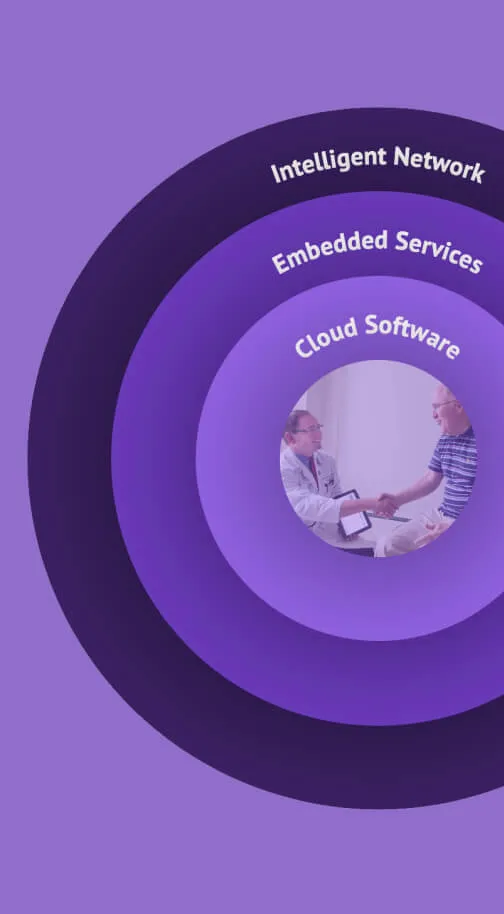Resource Center
All ContentBlogCase StudiesCustomer Success Storiesebooks
FQHC boosts patient engagement with Qure4u virtual care support
- 5,100+unique patients using virtual care options
You may also like

family practice
Less administrative burden, better patient care
- 32%visits YoY
- 63%collections YoY

- Christy Maerz
- May 07, 2025
- 6 min read
revenue cycle management
Managing self-pay patients to boost collections
Explore our guide to improving self-pay patient collections for better financial performance.
Read more 
- athenahealth
- May 05, 2025
- 9 min read
chronic care management
Start your care management service with athenaOne®
40% of Americans have multiple chronic conditions. Learn how athenaOne can enable your CCM service.
Read more 
family practice
Less administrative burden, better patient care
- 32%visits YoY
- 63%collections YoY

- Christy Maerz
- May 07, 2025
- 6 min read
revenue cycle management
Managing self-pay patients to boost collections
Explore our guide to improving self-pay patient collections for better financial performance.
Read more 
- athenahealth
- May 05, 2025
- 9 min read
chronic care management
Start your care management service with athenaOne®
40% of Americans have multiple chronic conditions. Learn how athenaOne can enable your CCM service.
Read more 
family practice
Less administrative burden, better patient care
- 32%visits YoY
- 63%collections YoY
Dive deeper into research

Engaged patients are loyal patients
Learn how digital engagement tools improve care and retention.






